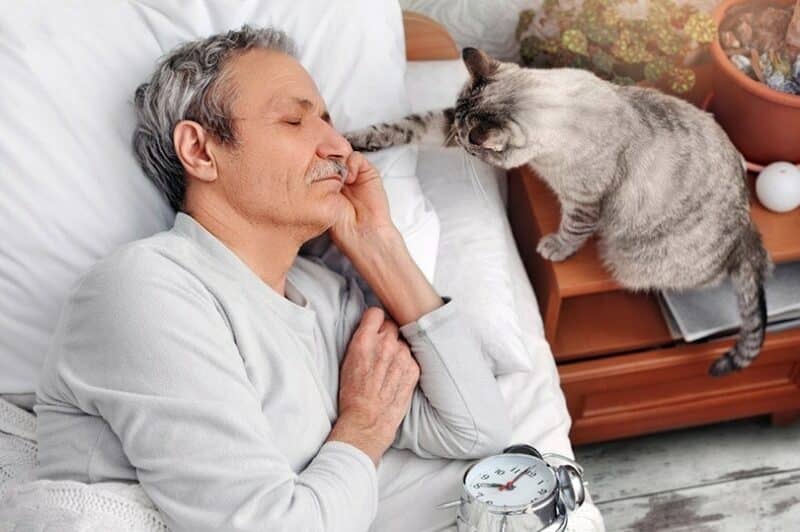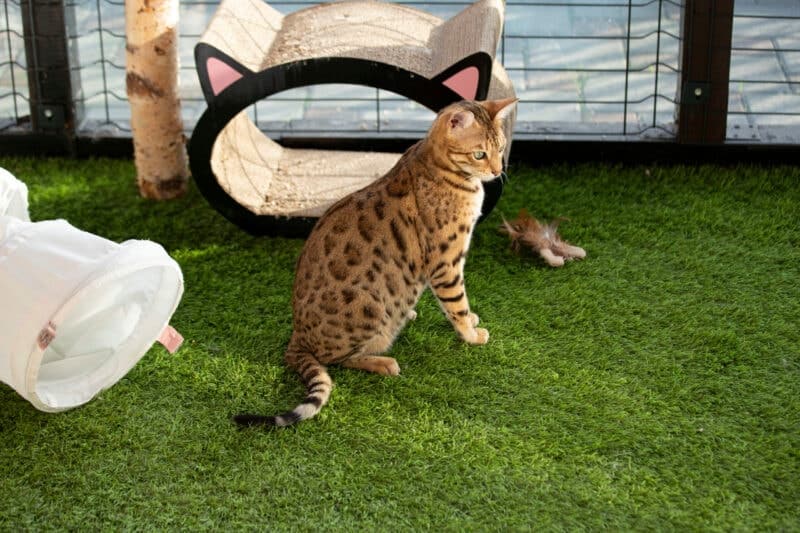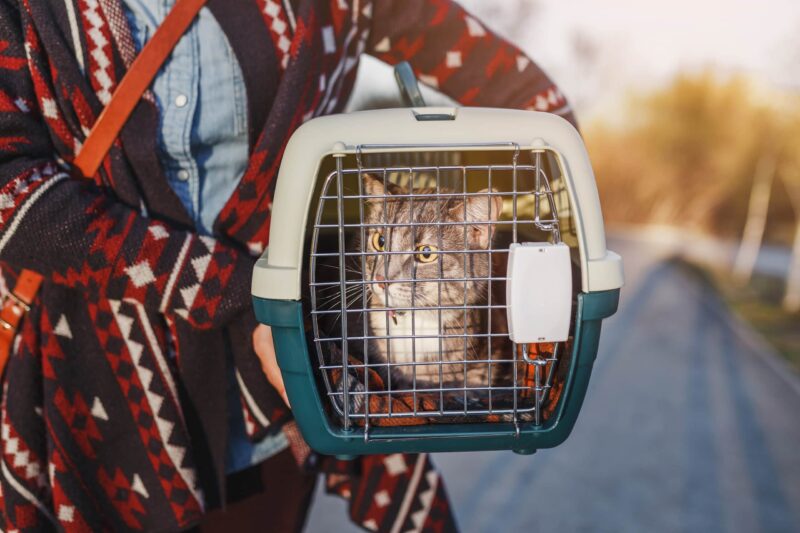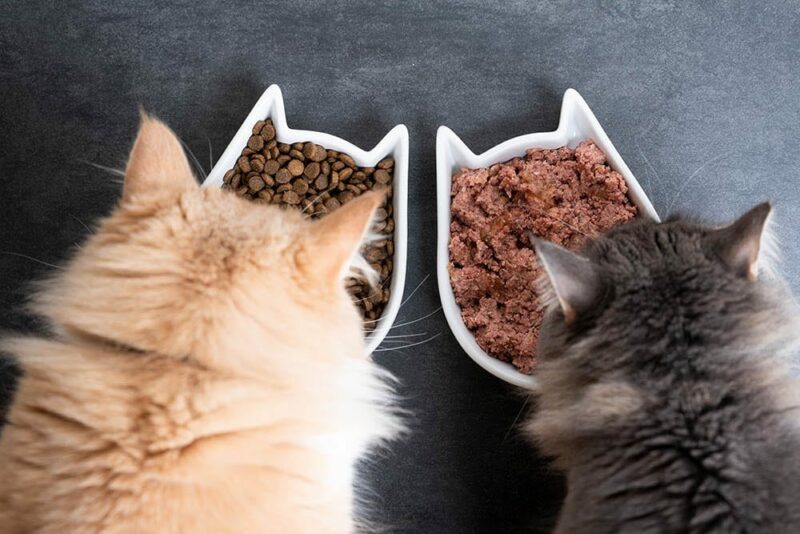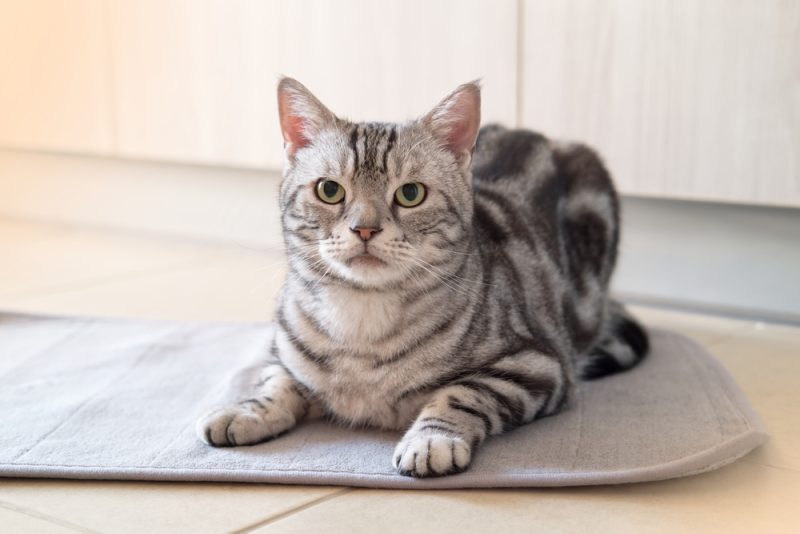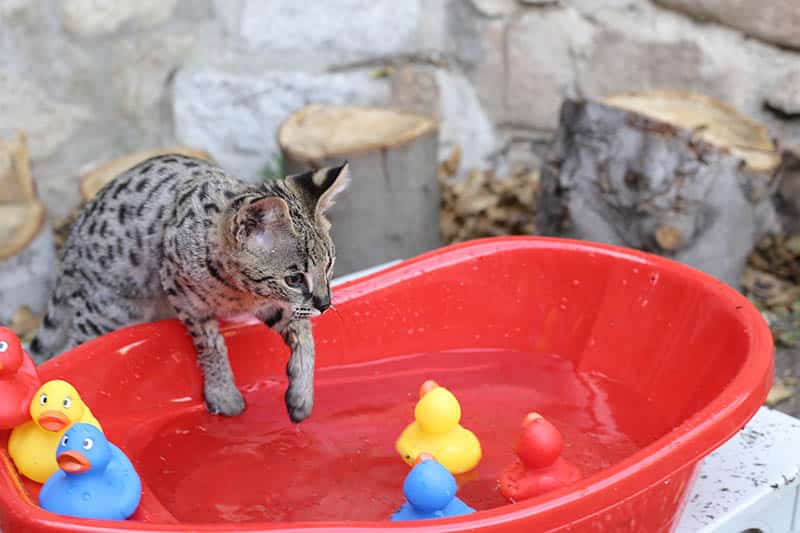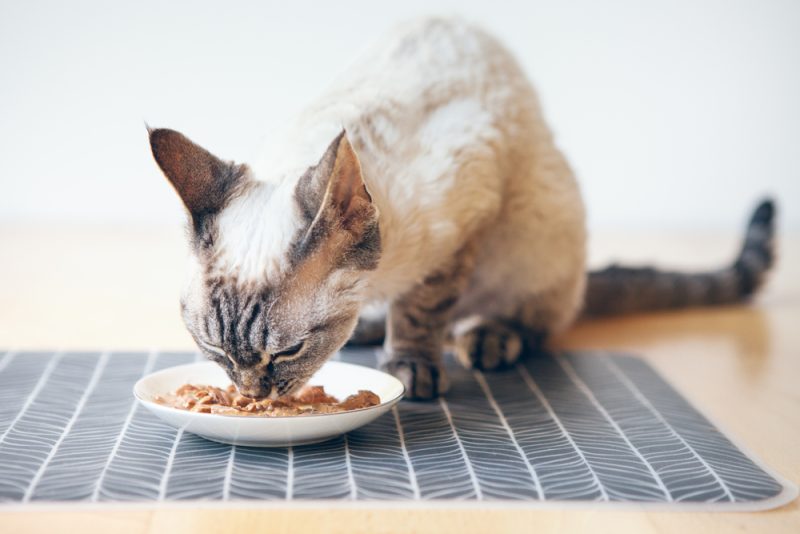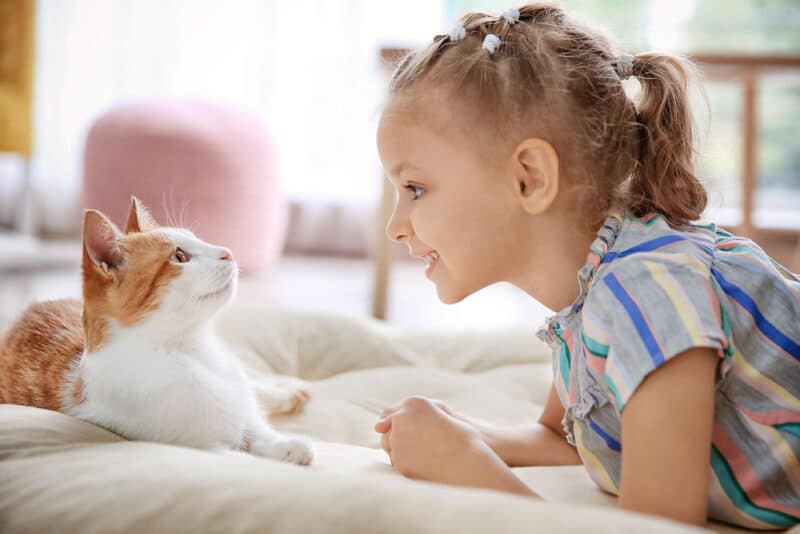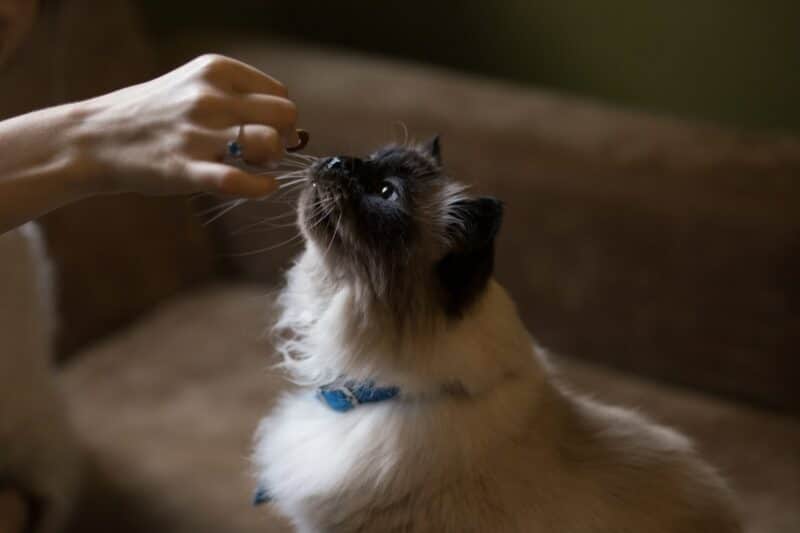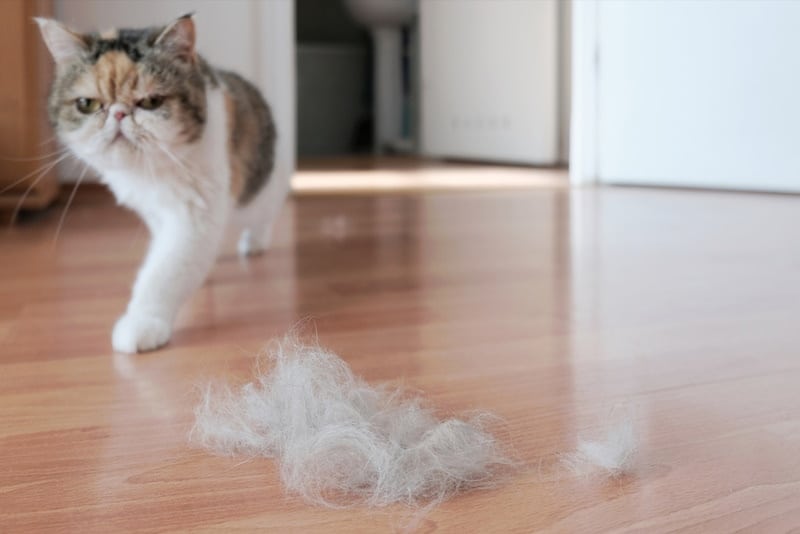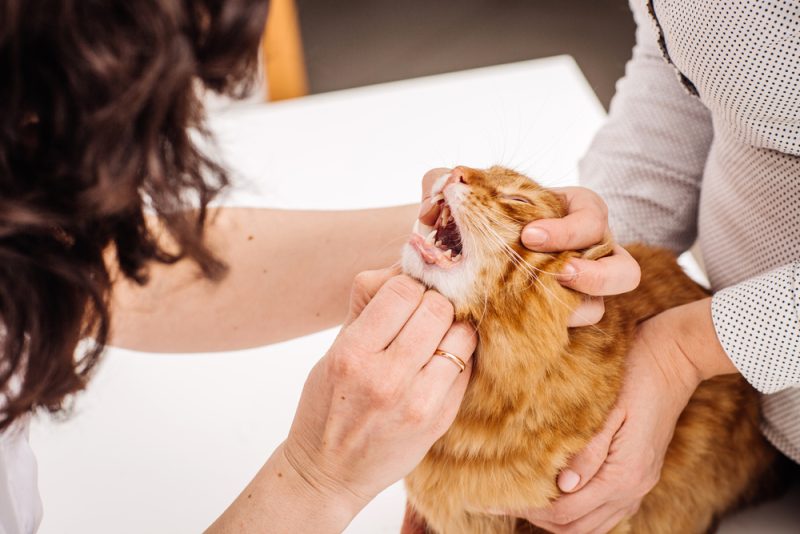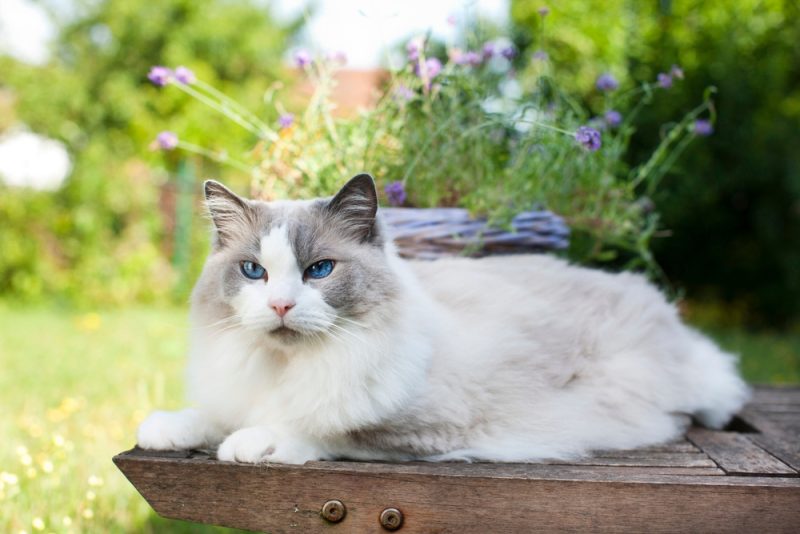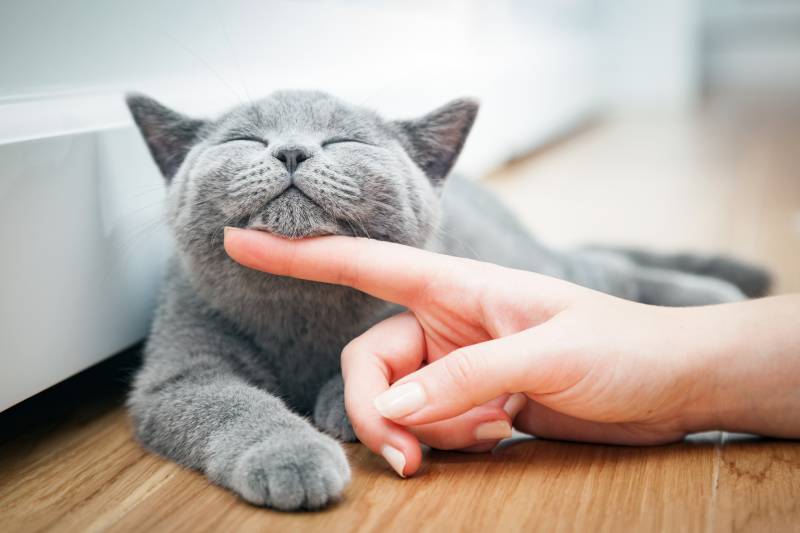In this article
Alzheimer’s runs in my husband’s family. Nearly everyone in his family was diagnosed with Alzheimer’s sometime after they turned 60. As you might imagine, this has sent me on a path of researching brain health in later life, especially regarding memory.
Strangely enough, one of the studies I’ve come across, again and again, found that owning a pet (including cats) may protect owners from memory issues later in life. This study has yet to be published, so you can’t just wander on the internet and find it. However, those involved in the study have done various interviews for news outlets, which lets us take a look at the study before it is officially published.

What Does the Study Show?
The study 1 involved over 1,300 people with an average age of 65. The researchers asked the participants if they had pets and how long they had had them. About 53% of the group did have a pet, and about a third of that group had owned a pet for more than 5 years.
The participants underwent several memory and cognition tests. For instance, they had to count backward from 20, backward from 100 by subtracting 7, and recall lists of words. After testing the participants for 6 years, researchers found that those with pets experienced less cognitive and memory decline than those without pets.
Of course, the study took into account factors associated with aging. However, overall, those with pets scored about 1.2 points higher at the end of the 6-year period than those without pets. The changes were specifically large for college-educated adults, black adults, and men. However, we don’t exactly know why these groups experienced the biggest benefits.
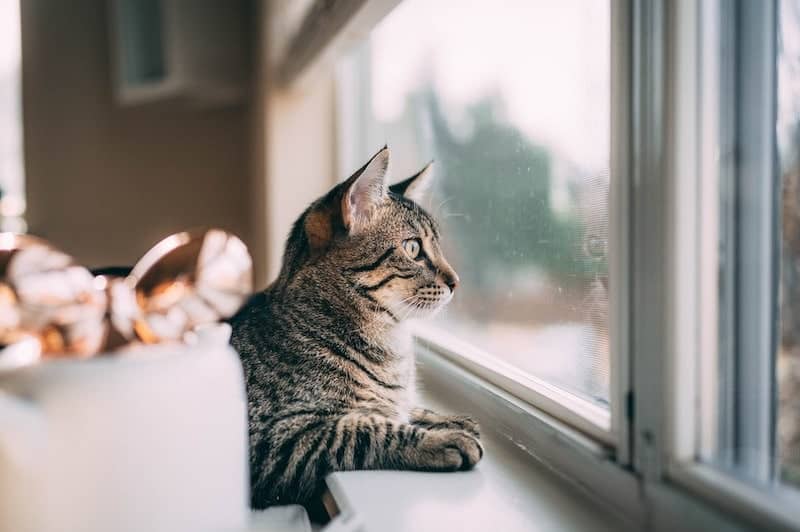
But Why?
Of course, it’s pretty easy to find correlations within science. However, what isn’t so easy is answering “why.” Correlation doesn’t necessarily equal causation. For instance, we don’t know for sure that owning a cat will protect someone from cognitive decline. It may just be that those with a personality or lifestyle that prompts them to adopt a cat may be less likely to experience cognitive decline.
In other words, it may not actually be the cat or dog that prevents the decline. Instead, there may be some other factor that affects cognition and the likelihood of pet ownership.
One theory that considers this suggests that those with a more laid-back lifestyle may be more likely to own pets. If you have extra time on your hand, you’re more likely to own a pet. Similarly, a slower lifestyle may lead to less stress, preventing cognitive decline. This way, owning a pet is associated with a lifestyle preventing memory loss. However, a busy person may not actually get many benefits from rushing out and adopting a pet—it’s the lifestyle that matters.
Still, there is some evidence that cats can lower stress in owners. Furthermore, cat owners seem less likely to experience certain psychological issues. In the end, this may account for the lower cognitive scores. Those with cats may also have lower blood pressure and similar health functions. Again, these improvements may help prevent cognitive issues later in life.
With all that said, we don’t know why the study found what it did. Because we don’t understand the underlying reason, we can’t know whether adopting a cat or dog will protect your cognitive health. However, we know those older pet owners will likely have better cognition than their non-pet-owning counterparts—for one reason or another.
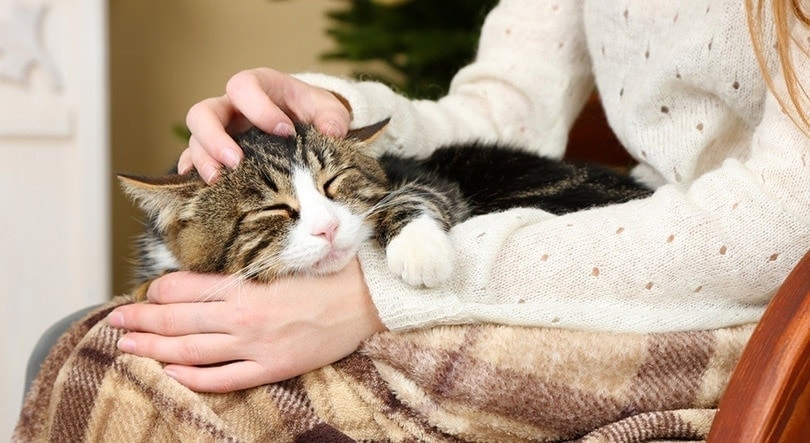
Do Cats Improve Your Health?
Cats may improve your health. When you’re aging and concerned about overall health (or mental health, in particular), you may be interested to learn about how cats may help you age well.
One of the biggest benefits of owning a cat is decreased stress. Cuddling and petting a cat increases serotonin (the love hormone) and decreases cortisol (the stress hormone). Therefore, by having a cat available to pet and cuddle, you’re less likely to be stressed. Stress can do a number on the body, including just making you feel bad.
Cats may not be the greatest exercise partners, but there is some evidence that cat owners move more than non-pet-owners. Much of this may be because they have extra chores. The cat has to be fed and taken care of, after all. Most people don’t take their cats on walks like dogs, though, so the effects of exercise are likely to be less than for dog owners.
Several other studies have found that cats may improve physical health in other ways. For instance, cats may prevent the development of asthma and allergies. They may make your environment less clean, which helps keep the immune system in check. However, most of these studies involve younger children (who are more prone to asthma). Therefore, the effects on the older population aren’t well studied.
Strangely enough, a purring cat may help heal bones, muscles, and tendons faster. Cats often purr when they are in pain, as well as when they are happy. This has stumped scientists for a while—until they discovered that cats purr at the same frequency found to improve healing. These frequencies have been shown to help humans, as well.
Therefore, it seems that purring is a built-in healing superpower that domestic cats have.
A study has also found that sleeping with cats seems to improve sleep. Of course, sleep is associated with a range of health benefits. Not getting enough of it can seriously harm your cognitive health. While older individuals actually need less sleep, getting at least 6.5 hours of quality sleep is vital. Our cats may help us achieve this.

Conclusion
I’m not so sure if owning a cat directly impacts cognition and memory in later years. However, all the evidence points towards cats helping their owners both physically and mentally. Therefore, it is absolutely possible that they may help with cognition and memory as we age. Plus, studies haven’t found many downsides to owning a cat.
Most potential health downsides of owning a cat are rare and easily preventable—such as infected scratches or the transfer of parasites.
Therefore, adopting a cat in an attempt to improve your health may make sense for many seniors. However, before adopting a cat, be sure you have the resources and time to take care of them. Cats are often considered to be more low-maintenance pets than dogs. However, they still require regular care.
Featured Image Credit: Kasefoto, Shutterstock
